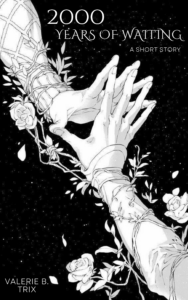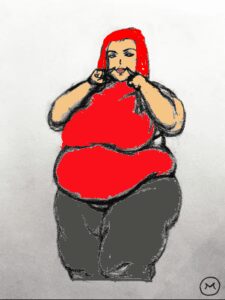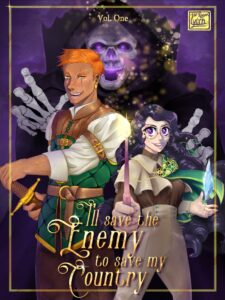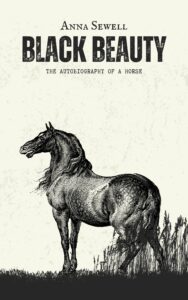Chhabi o Gan, Picture and Songs, was the title of a book of poems most of which were written at this time.
We were then living in a house with a garden in Lower Circular Road. Adjoining it on the south was a large Busti. I would often sit near a window and watch the sights of this populous little settlement. I loved to see them at their work and play and rest, and in their multifarious goings and comings. To me it was all like a living story.
A faculty of many-sightedness possessed me at this time. Each little separate picture I ringed round with the light of my imagination and the joy of my heart; every one of them, moreover, being variously coloured by a pathos of its own. The pleasure of thus separately marking off each picture was much the same as that of painting it, both being the outcome of the desire to see with the mind what the eye sees, and with the eye what the mind imagines.
Had I been a painter with the brush I would doubtless have tried to keep a permanent record of the visions and creations of that period when my mind was so alertly responsive. But that instrument was not available to me. What I had was only words and rhythms, and even with these I had not yet learnt to draw firm strokes, and the colours went beyond their margins. Still, like young folk with their first paint box, I spent the livelong day painting away with the many coloured fancies of my new-born youth. If these pictures are now viewed in the light of that twenty-second year of my life, some features may be discerned even through their crude drawing and blurred colouring.
I have said that the first book of my literary life came to an end with the Morning Songs. The same subject was then continued under a different rendering. Many a page at the outset of this Book, I am sure, is of no value. In the process of making a new beginning much in the way of superfluous preliminary has to be gone through. Had these been leaves of trees they would have duly dropped off. Unfortunately, leaves of books continue to stick fast even when they are no longer wanted. The feature of these poems was the closeness of attention devoted even to trifling things. Pictures and Songs seized every opportunity of giving value to these by colouring them with feelings straight from the heart.
Or, rather, that was not it. When the string of the mind is properly attuned to the universe then at each point the universal song can awaken its sympathetic vibrations. It was because of this music roused within that nothing then felt trivial to the writer. Whatever my eyes fell upon found a response within me. Like children who can play with sand or stones or shells or whatever they can get (for the spirit of play is within them), so also we, when filled with the song of youth, become aware that the harp of the universe has its variously tuned strings everywhere stretched, and the nearest may serve as well as any other for our accompaniment, there is no need to seek afar.







Anarchism and Other Essays
Completed